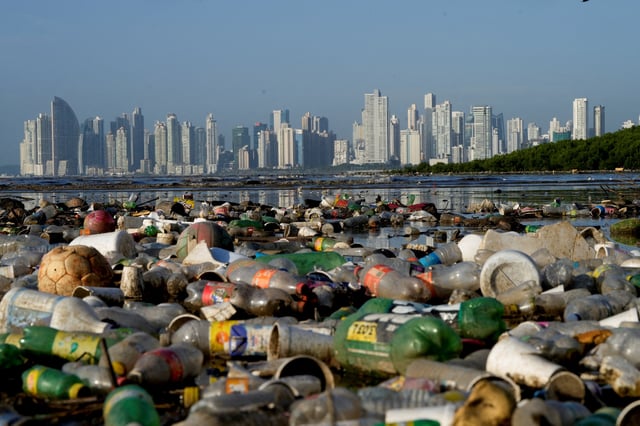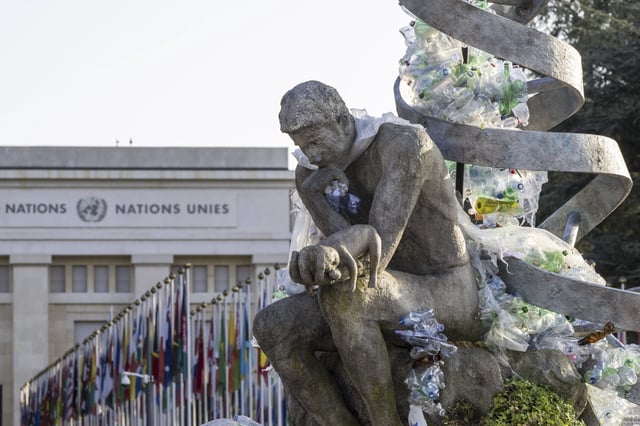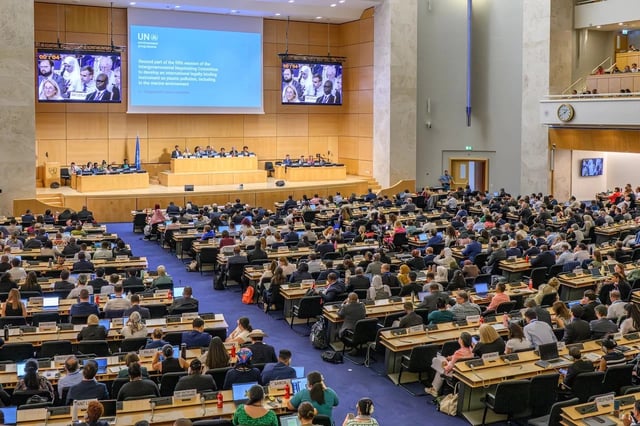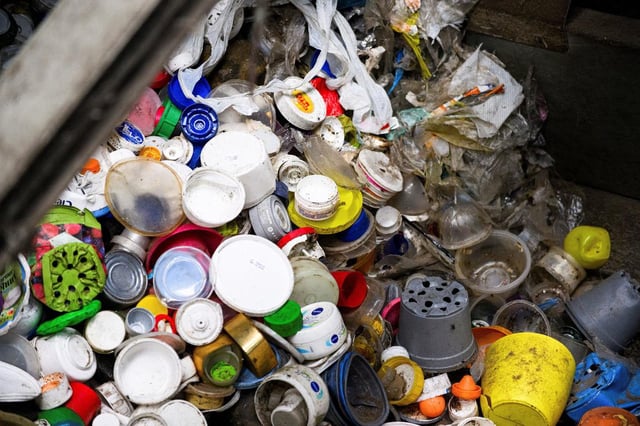Overview
- The final Geneva session ended when Luis Vayas Valdivieso’s two successive draft treaty texts were rejected and the meeting was adjourned without a roadmap for further talks.
- The High Ambition Coalition of over 100 countries demanded binding limits on plastic production and chemical controls, while a Like-Minded Group led by major oil and petrochemical producers insisted on focusing solely on recycling and waste management.
- Civil society groups and many delegations criticized the consensus-based decision-making process for granting veto power to a small bloc of petrochemical states and urged adoption of majority voting or other procedural reforms.
- UNEP Executive Director Inger Andersen acknowledged that the negotiations advanced certain draft sections but confirmed that the timetable, venue and funding for the next round—tentatively INC-5.3—remain undecided.
- Negotiators and scientists warned that unchecked plastic production, responsible for roughly 3.4 percent of global greenhouse emissions and less than 10 percent recycling rates, exacerbates environmental pollution and human health risks.



